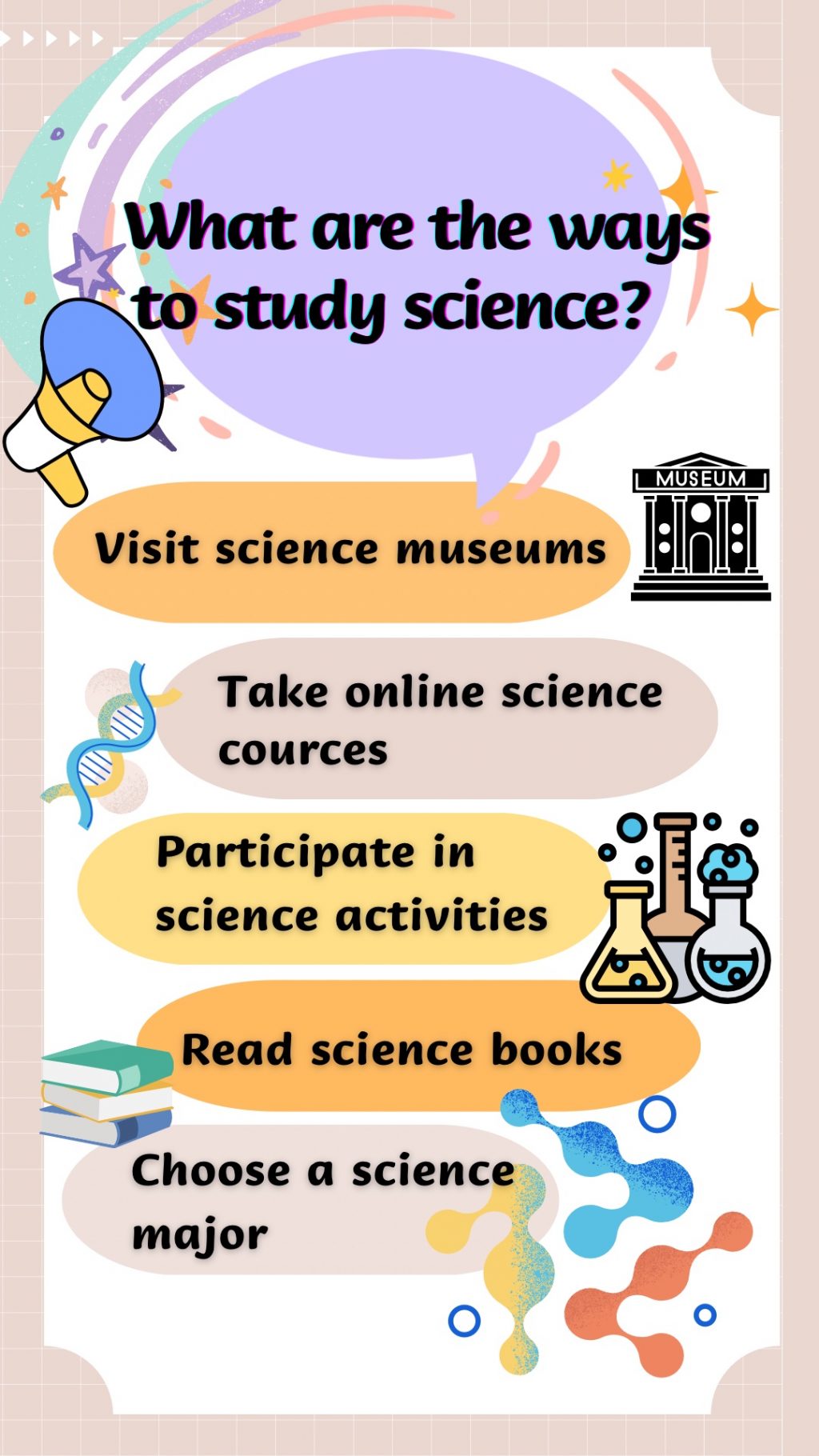More young people in Wales are planning to study science and part of the reason is events like Cardiff’s Science Festival. We went along to find out how it brings biology to life.
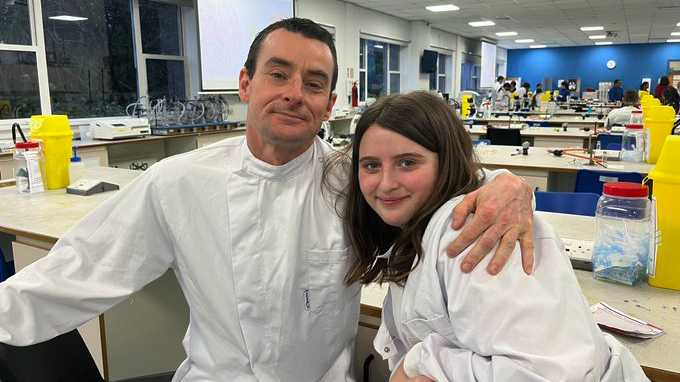
There’s a hush in the room as Amanda Davies holds the red plastic disc up in front of the room of young scientists. It’s a red blood cell, she tells us and it’s the kind of thing that can immediately engage a room of future biologists.
The pandemic, she explains, has made people more aware of blood and what it does. And who wouldn’t be interested in stuff that oozes out of your body, explains the lecturer in blood cell disorders?
“Most children are aware of Covid now and its ability to fight infection,” she explains. “Because with cutting yourself and clotting and having scabs forming that type of thing. So I think they can relate to it quite readily .”
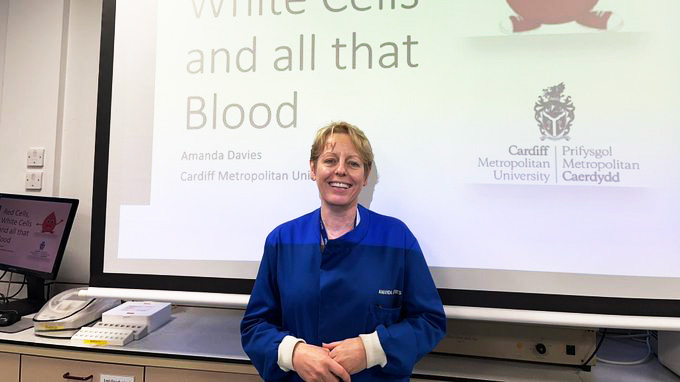
Amanda is giving her talk as part of the Cardiff Science Festival and the room is filled with children and parents. The trick to engaging students is to find things they can relate to, she explains.
“You’ve got to make it relevant to people,” says Amanda. “Clearly people know what blood is and they can talk about oxygen and talk about exercise so I make it relevant to them so that they have some experience of that themselves. That means it doesn’t seem too sciency. If you make it too sciency then they just switch off.”
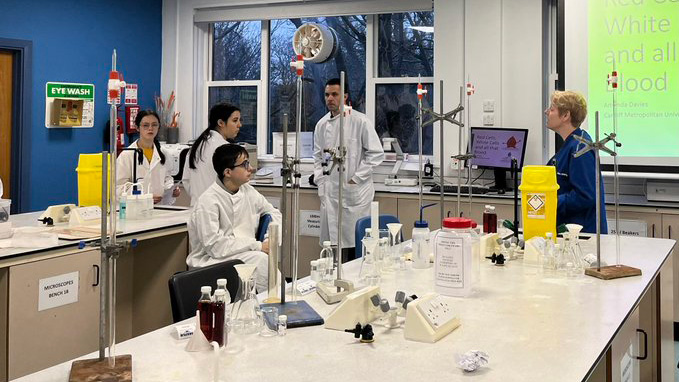
She was given three sessions at the science festival on blood cell disorders and microscopic visualization, enabling participants to visualize blood cell defects and blood-related disorders.
“Clearly school has science courses,” said Amanda. “I think it’s quite interesting to hopefully instill some enthusiasm for it and some interest in it.”
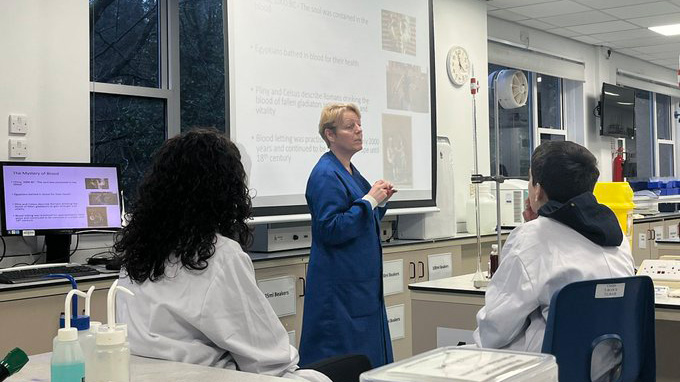
It definitely works, according to Sean Parker who is attending the event with his daughter. “She is interested, I thought it would be worthwhile to come down to do some interesting experiments”, said Sean Parker who accompanied his daughter to the workshop. His daughter will soon be in high school. They were sitting at a table full of experimental equipment.
And it’s not only Sean and his daughter taking interest. More young Britons aged 14-18 said they were considering a career in science, according to a recent study by the British Science Week than before the pandemic. And 39% of Welsh people said they were more likely to consider a career in science with 24% saying they were interested in a career in science.
According to statistics released by UCAS in 2021, the largest number of young people choose to study science, technology, engineering, and maths (STEM) subjects while at university. STEM subjects have a more hands-on approach to learning, which is a more interesting way of learning.
For example, the basic concepts of classical mechanics, mechanical advantage, and forces can be easily understood by children through toys. Clearly for younger children, learning through play is a great way to stimulate interest in learning.
Amanda said, “so I think it is really important. You know, it’s never too late to mention that it’s important to have a diet and iron in your diet and you can see why. It’s just linking science with you.”
“It’s not just science. This is everybody’s interest, really, because of everybody’s body,” she said.
